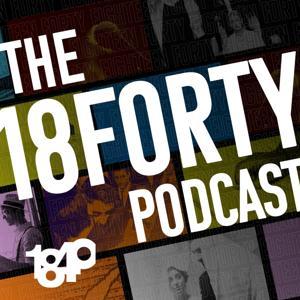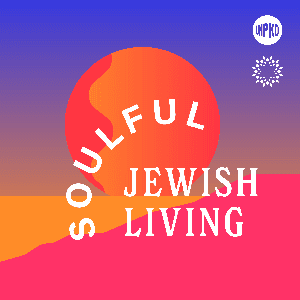A hybrid event presentation with Rabbi Shmuly Yanklowitz and Moishe Steigmann, The Mindful Rabbi.
About The Event:
As we approach Shabbat Shirah, the “Shabbat of Song,” and reflect on the legacy of Dr. Martin Luther King Jr., we turn our attention to the sacred power of voice. From the Israelites singing at the sea to modern movements for freedom and justice, song has carried the Jewish spirit through moments of triumph, struggle, and hope. Join Rabbi Dr. Shmuly Yanklowitz and Moishe Steigmann, The Mindful Rabbi, for an evening of learning, dialogue, and inspiration. Through text study, reflection, and chevruta, we’ll explore how music and voice lift us—individually and collectively—toward liberation, connection, and praise. This program marks the official launch of the Cream City Beit Midrash, a partnership between Valley Beit Midrash and Own Your Judaism.
*Source Sheet: https://drive.google.com/file/d/1iD1y1-pBrlJlr10WktIVYhKEJlxg3ySR/view?usp=sharing
About The Speakers:
Moishe Steigmann, The Mindful Rabbi, is the founder and director of Own Your Judaism and is the director of Ohel Ayalah. He seamlessly blends ancient Jewish wisdom with contemporary mindfulness practices. Through his teachings, writings, and workshops, he continues to influence and lead the conversation on mindful living within and beyond the Jewish community. He also speaks, hosts livestream conversations, and offers Jewish Life Coaching and organizational consultation. Born and raised in Milwaukee, Rabbi Steigmann is a proud father of two children, loves sports, is passionate about living gratefully, and enjoys almost all puzzles and games.
Shmuly Yanklowitz has twice been named one of America’s Top Rabbis by Newsweek and has been named by The Forward as one of the 50 most influential Jews and 28 books on Jewish ethics and his writings have appeared in outlets as diverse as the New York Times, the Wall Street Journal, the Washington Post, the Guardian, and the Atlantic among many other secular and religious publications. He has served as a speaker at the World Economic Forum in Davos, Switzerland, and as a Rothschild Fellow in Cambridge, UK. Rav Shmuly received a Master's from Harvard University, a Master's from Yeshiva University, and his Doctorate from Columbia University. He was ordained as a rabbi by Yeshivat Chovevei Torah, along with 2 private ordinations in Israel. He serves as the President & Dean of Valley Beit Midrash (a global Jewish learning and action center). His wife Shoshana, and their four children live in Scottsdale, Arizona. They have also served as foster parents.



































